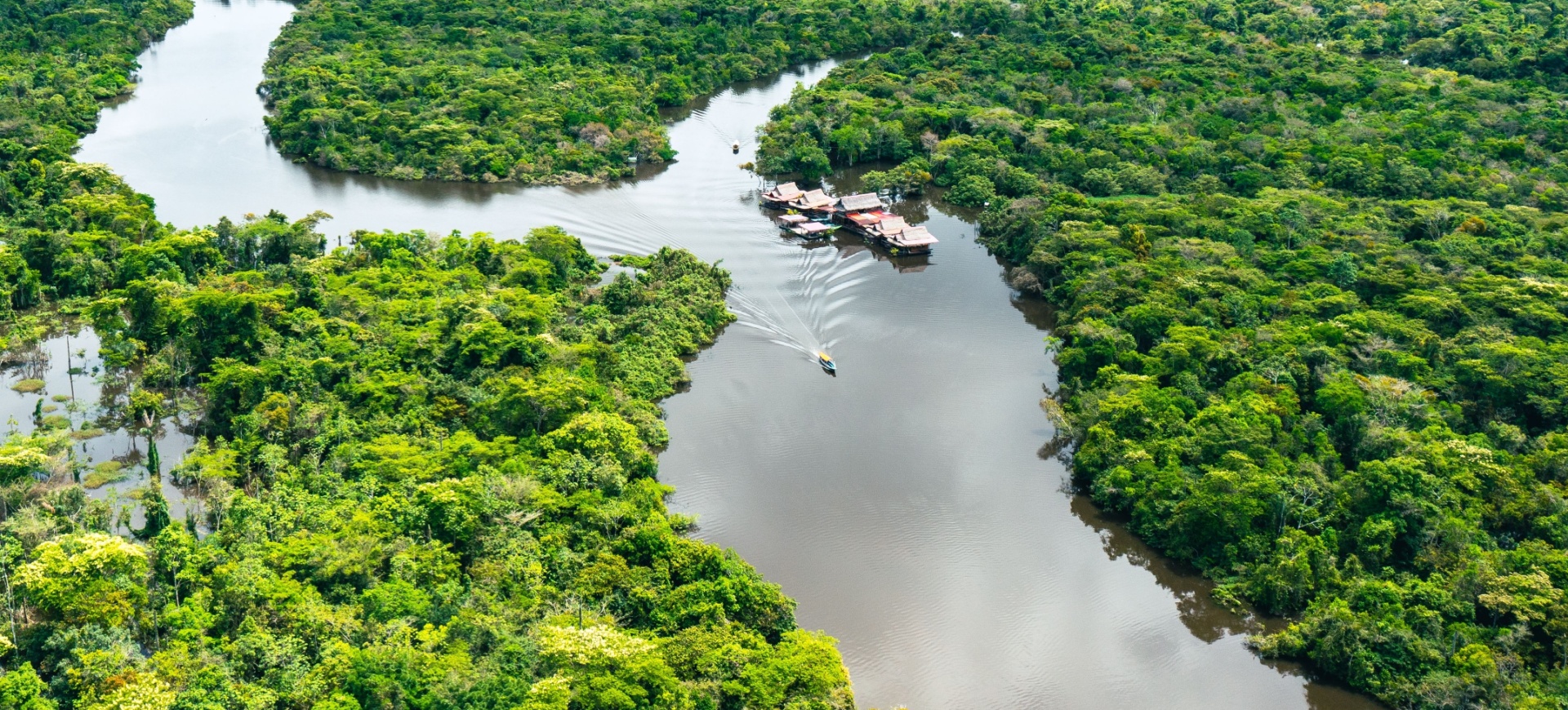Empowering Indigenous guardians
Recognising the vital role of Indigenous peoples in combating climate change is essential for a sustainable and just future
The global fight against climate change has reached a critical juncture. Extreme weather events, such as floods, droughts and wildfires, are becoming increasingly frequent, affecting ecosystems and human communities alike. Indigenous peoples are at the heart of this battle. For millennia, we have been the stewards of some of the world’s most vital ecosystems, including rainforests, grasslands and wetlands. We are 5% of the global population, but we protect 82% of the planetary biodiversity. Our connection to the land, combined with traditional knowledge passed down through generations, positions us as essential guardians of a sustainable planet.
Our role in environmental preservation
Indigenous communities perceive all beings – living or spiritual, human or non-human – as partners with whom we can establish alliances or interdependencies. Every creature has its role in a greater cosmic order, and thus humans have a responsibility to their surroundings. This world-view stands in stark contrast to modern industrial models that often treat non-humans as resources to be exploited. Indigenous territories in the Brazilian Amazon, for example, act as crucial buffers against deforestation and biodiversity loss. Protecting these areas preserves ecosystems that both store carbon and sustain local communities with food, water and medicine.
When Indigenous communities have the institutional and material means to resist the violence of Western and westernised expansion, they preserve food and life systems connected to long-established relationships within local ecosystems, cultivated for abundance since time immemorial. These systems hold a wealth of knowledge that promotes well-being and health and contributes to global biodiversity and climate. Indigenous peoples foster ‘environmental management’ beyond economic interests, offering solutions to the current climate crisis.
The threats we face
Despite their contributions, Indigenous peoples face powerful threats. Recent extreme climate events have disproportionately affected Indigenous territories, with rising temperatures, altered rainfall patterns and degraded ecosystems. In the Amazon, but also in every other biome in Brazil, Indigenous communities have witnessed the destructive power of wildfires, droughts, floods and the respective consequences for agriculture, foraging, hunting and fishing. Even transportation through the rivers is harmed since the low level of the waters hampers navigation and eliminates the single routes into or out of many villages. These climatic and human-made disasters are also eroding the very ecosystems they depend on for survival. Dramatically, the very existence of these ecosystems supports climate balance by storing substantial amounts of carbon that could be released into the atmosphere if they were to disappear.
Equally alarming is the threat posed by the illegal expropriation of land, whether for mining, logging or the expansion of predatory agribusiness. This is exacerbated by the fact that the creation of the Ministry of Indigenous Peoples in Brazil, as part of the efforts by the administration of President Luiz Inácio Lula da Silva to adopt a democratic and responsible attitude to the climate challenge, came after a decade of deliberate destruction of public Indigenous and environmental protection policies and apparatuses, such as the National Indian Foundation (FUNAI) and the Brazilian Institute of Environment and Renewable Natural Resources (IBAMA). In view of this, public authorities need to restructure themselves to provide effective responses to the complexities that lie ahead.
The role of the G20 in protecting Indigenous peoples
As the G20 leaders gather in Rio in November 2024, it is essential that they recognise the critical role Indigenous peoples play in preserving the planet’s biodiversity and mitigating climate change. First and foremost, the G20 must prioritise Indigenous rights, particularly their rights to land and self-determination. Without secure land tenure, Indigenous communities cannot effectively continue their role as guardians of the environment, nor can public authorities move forward with climate change mitigation policies. Leaders must also ensure that Indigenous knowledge is valued and integrated into global climate strategies. Indigenous actors must be recognised in decision-making processes and included in financial mechanisms, since they are on the front line of the climate crisis.
Furthermore, G20 members, many of which are among the largest contributors to global emissions, must take responsibility for the historical injustices that have disproportionately affected Indigenous communities. This includes not only fulfilling their commitments to reduce emissions but also providing direct financial and technical support
for Indigenous-led climate initiatives. By empowering Indigenous peoples, the G20 can foster more effective and timely environmental governance. And it must be done now.
A call for justice and action
At this moment in human history, the G20 has a unique opportunity to lead the world towards a more sustainable and just future. Indigenous peoples are suffering the harsh effects of climate change. But, most importantly, they are the key to solving it. Their knowledge, resilience and deep-rooted connection to nature must be recognised, protected and celebrated. The Rio Summit offers a chance not only to honour Indigenous contributions but also to ensure that their voices are taken seriously while the global response to the climate emergency is being conceived and executed. Only by ensuring justice for Indigenous peoples can we hope to build a future where both humanity and the planet thrive.












